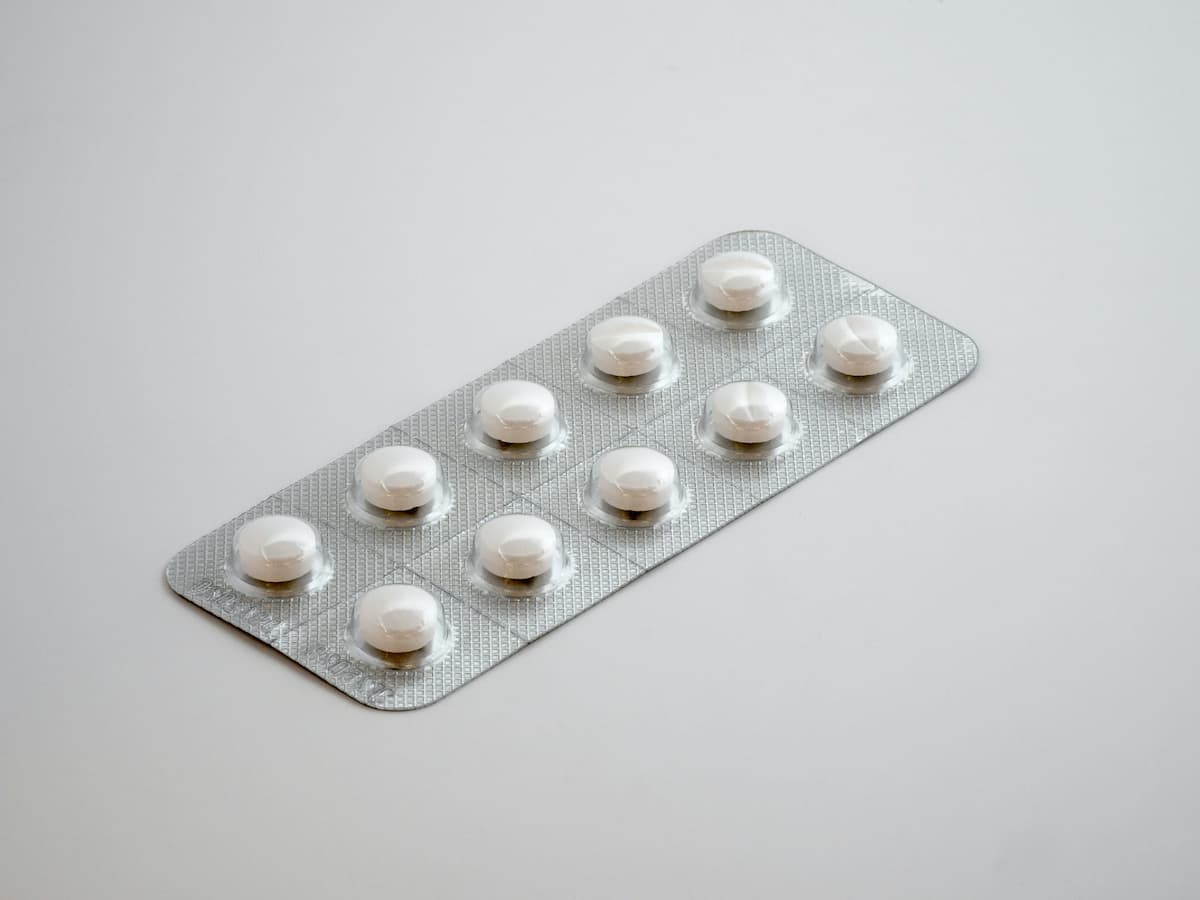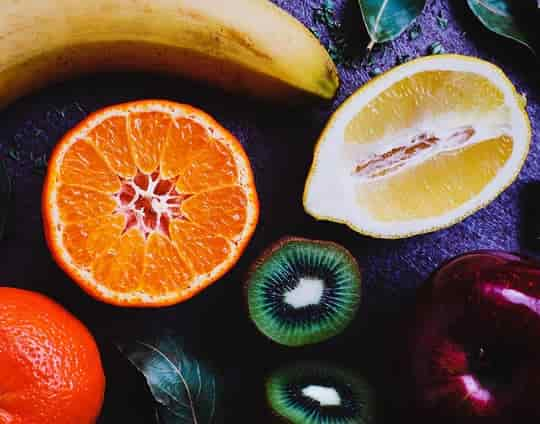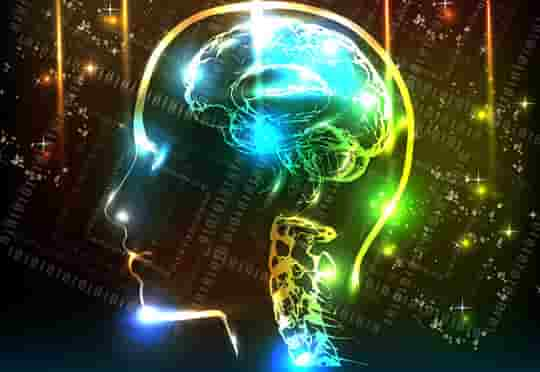Treating this condition in mid- or later life can halt dementia.
Medication to lower blood pressure reduces the risk of dementia by around 13 percent, the strongest evidence yet finds.
Currently, there are very few dementia treatments on the market, therefore finding that lowering blood pressure can significantly reduce the disease or stop its progression is of practical benefit.
Dr Ruth Peters, the study’s first author, said:
“Given population ageing and the substantial costs of caring for people with dementia, even a small reduction could have considerable global impact.
Our study suggests that using readily available treatments to lower blood pressure is currently one of our ‘best bets’ to tackle this insidious disease.”
About 60 million people live with dementia and the condition is rapidly increasing amongst older population at such a rate that it will have tripled by 2050.
According to Dr Peters, while numerous clinical trials have shown the beneficial effects of lowering blood pressure on heart disease and stroke risk, its effect on dementia has not been identified.
Dr Peters said:
“Most trials were stopped early because of the significant impact of blood pressure lowering on cardiovascular events, which tend to occur earlier than signs of dementia.”
The team analysed five trials, each using a different treatment to lower blood pressure of 28,000 older adults across 20 countries.
The participants were followed over four years.
Dr Peters said:
“We found there was a significant effect of treatment in lowering the odds of dementia associated with a sustained reduction in blood pressure in this older population.
Our results imply a broadly linear relationship between blood pressure reduction and lower risk of dementia, regardless of which type of treatment was used.”
The authors believe this finding can help improve public health strategies in decreasing the risk of dementia and its progression.
Dr Peters said:
“Our study provides the highest grade of available evidence to show that blood pressure lowering treatment over several years reduces the risk of dementia, and we did not see any evidence of harm.
But what we still don’t know is whether additional blood pressure lowering in people who already have it well-controlled or starting treatment earlier in life would reduce the long-term risk of dementia.”
The study was published in the European Heart Journal (Peters et al., 2022).









